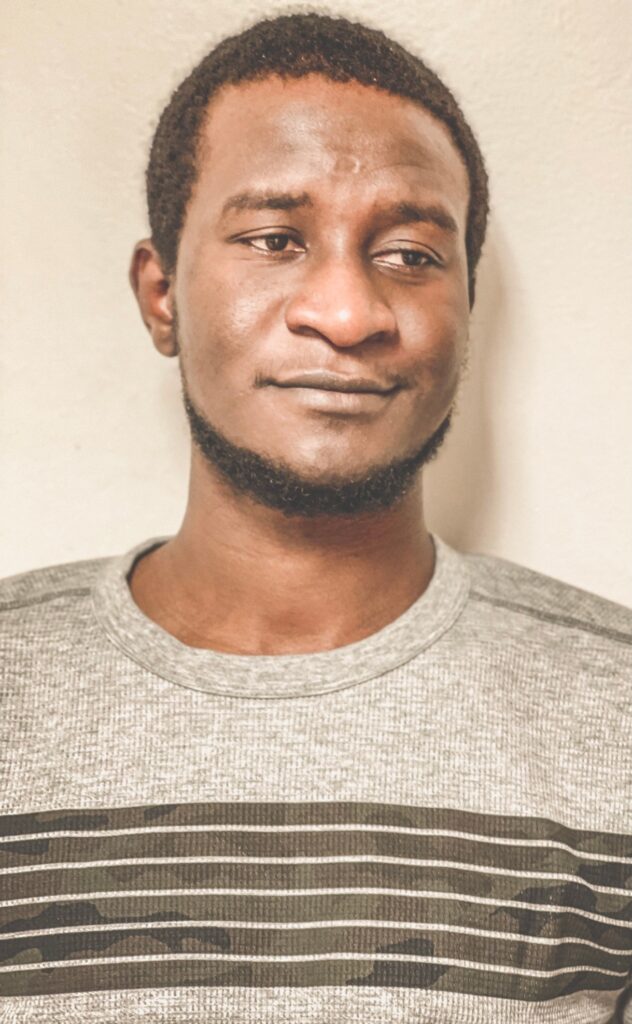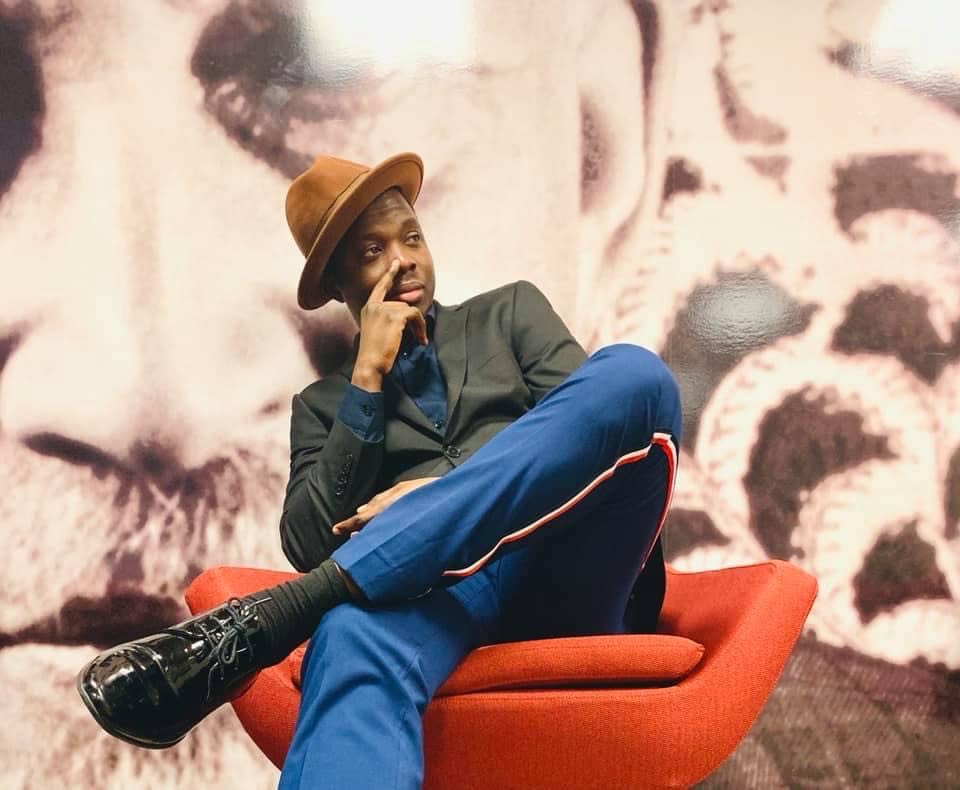For the first time since its inception, the NLNG Nigeria Prize for Literature has fully acknowledged the younger generation of writers, naming as finalists for its 2022 prize the poets Su’eddie Vershima Agema for Memory and the Call of Water, Romeo Oriogun for Nomad, and Saddiq Dzukogi for Your Crib, My Qibla. Each of the three only came into the scene in the last decade.
It is a major break in tradition for the $100,000 award, long considered the preserve of a certain class of veteran writers, with shortlists that consistently ignore fresh voices, which in turn has robbed it of prestige despite the huge cash.
Organized by Nigeria Liquefied and Natural Gas (NLNG), the biennial prize, which began in 2004, rotates among the genres of fiction, poetry, drama, and children’s literature. This year is for poetry and considers books published in the last four years. At $100,000, it is the richest literary prize in Africa.
The judging panel, chaired by Professor Sule Emmanuel Egya, includes Toyin Adewale-Gabriel and Dike Chukwumerije. Those on the advisory board are former winner Professor Akachi Adimora-Ezeigbo, who serves as chair, and Professors Olu Bafemi and Ahmed Yerima, the latter also a former winner.
The shortlist was chosen from an 11-book longlist announced in July.

Agema’s Memory and the Call of Water, the judges said, features “a consistent use of memory to reflect on life and destiny through the metaphor of water.” Nomad, whose author Oriogun was profiled in OPEN COUNTRY MAG’s The Next Generation special issue, “has a fresh language and a nostalgic engagement with the themes of exile and displacement.” Dzukogi’s Your Crib, My Qibla “translates tragedy into lyrical poetry with pathos and effortless imagery.”
Nomad and Your Crib, My Qibla were named in our list of anticipated books of 2022.
“I am stunned and so happy to know that my collection, Nomad, is on the shortlist for the one hundred thousand dollars NLNG Nigeria Prize for Literature,” wrote Oriogun on Facebook. “I began this book at the Seme Border, wishing my homeland goodbye, carrying into exile stories, the ruins of places, and hope, always hope. I am also so fucking happy to be on the shortlist with Saddiq and Su, poets from my generation.”
Dzukogi wrote, “Su’eddie, Romeo, one of us is about to be $100,000 rich!!!!! I am honored to be standing alongside you— you all deserve this! It’s good morning for Nigerian poetry!”

Agema wrote that he is “excited to be on this list with my brothers, Romeo and Saddiq, who I love dearly and with whom, I have walked many literary paths.” He called it “a win on many fronts,” saying, “I am humbled that we are the faces around which this spectacular story is being told.”
According to Adimora-Ezeigbo, the Ugandan poet Susan Nalugwa Kiguli, an associate professor of literature at Makerere University, will write reviews of the three books on the shortlist.
The winner will be announced in October.
“For Nigeria, this is such good news,” Oriogun said, “an omen that we are finally coming into the shadows of those who came before us.”
CORRECTION: An earlier version of this report wrongly stated that the three finalists came into the scene after 2015. Agema and Dzukogi had been publishing much earlier.




